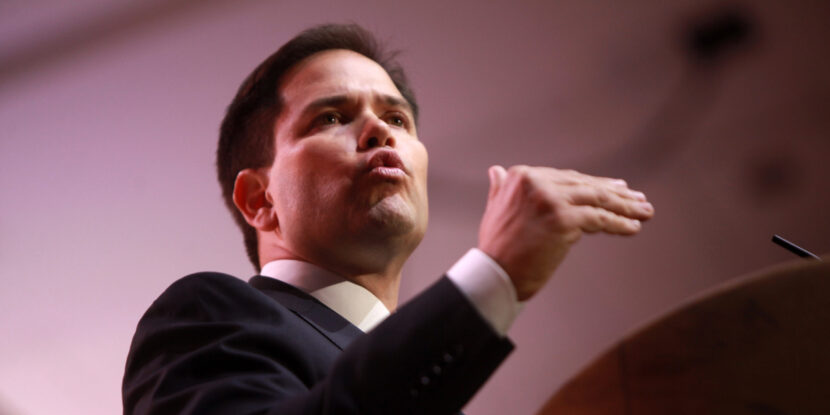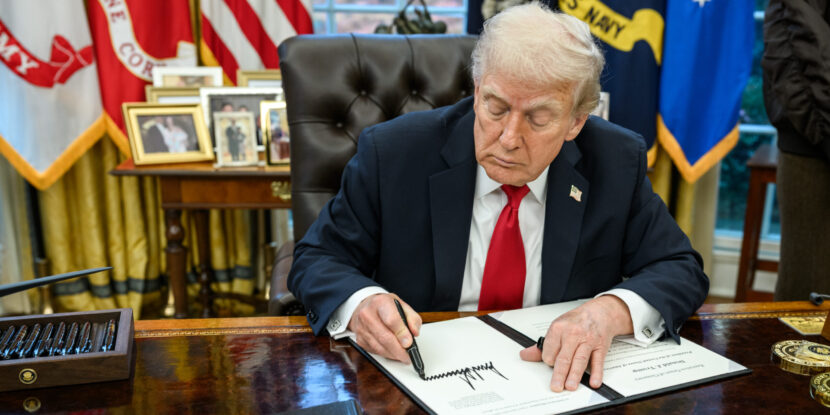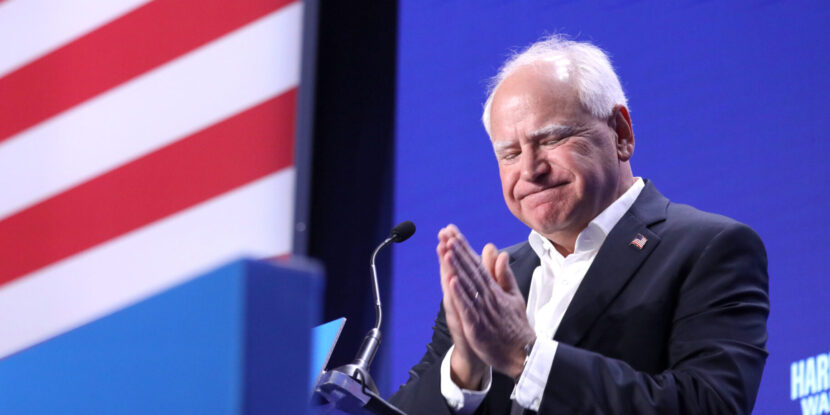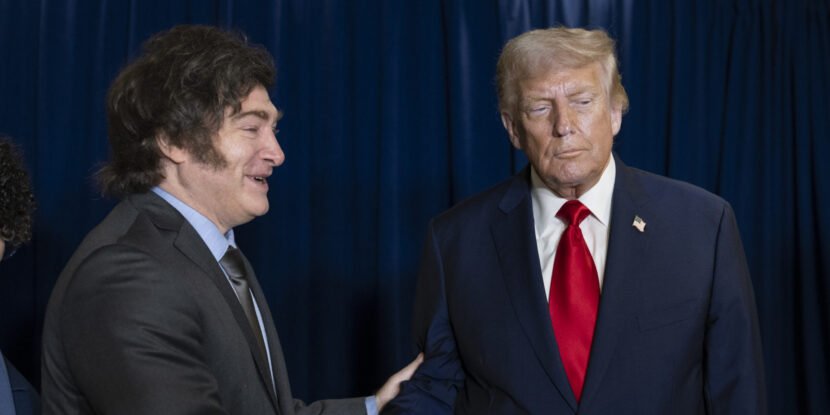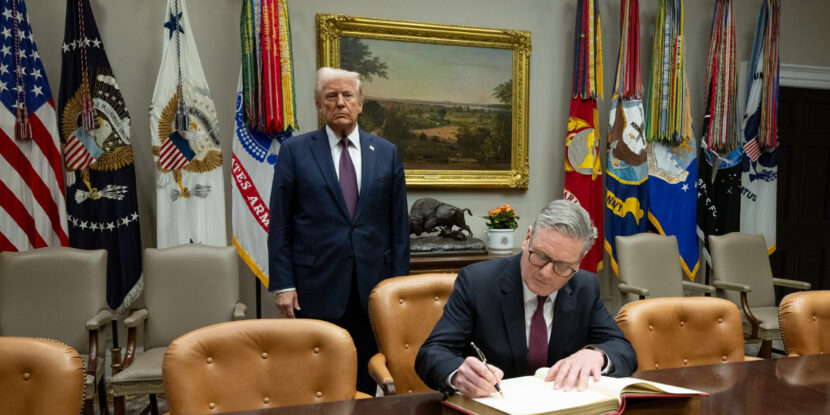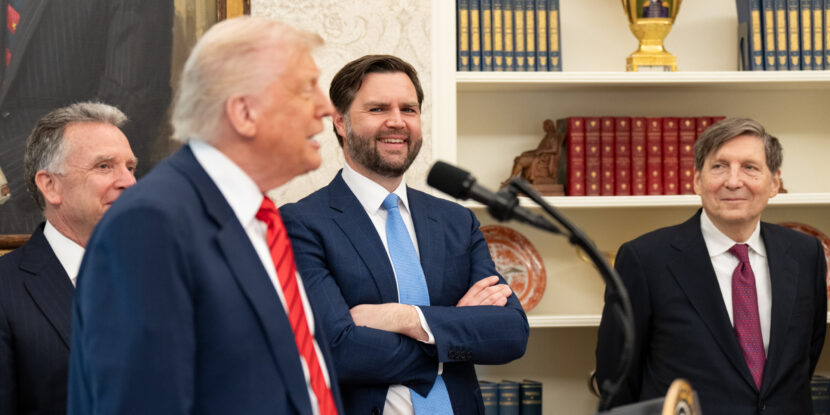President-elect Donald J. Trump’s efforts to recalibrate America’s one-sided relationship with NATO face hurdles because of Senator Marco Rubio’s (R-FL) efforts to “Trump-proof” U.S. foreign policy. The Florida neoconservative worked with Senator Tim Kaine (D-VA), Hillary Clinton‘s 2016 running mate, to pass legislation banning the U.S. President from exiting NATO without a two-thirds majority vote in the Senate or an authorizing Act of Congress.
Rubio, controversially nominated as Secretary of State despite his anti-Trump history, co-authored the law with Kaine to hamstring any moves by a restored Trump administration to pull out of NATO, a military alliance that requires members to wage defensive wars on each other’s behalf, but depends overwhelmingly on U.S. forces.
Trump strengthened NATO during his first term, largely by threatening to withhold U.S. protection if “delinquent” members did not begin paying their fair share of military spending, rather than relying on American taxpayers—who enjoy substantially fewer social and healthcare benefits than their Canadian and European counterparts—to shoulder the burden.
ALL CARROT, NO STICK.
Vice President-elect J.D. Vance has also emphasized that U.S. protection should come with “strings,” warning European NATO members that they will lose American support if they pass anti-free speech regulations targeting U.S. social media firms, for instance.
However, Rubio’s legislation will make it much harder for Trump to extract maximum value from NATO by giving America’s notional allies the sense that they can safely ignore any administration threats to withdraw from the alliance—however much they abuse U.S. generosity—because Democrats and Republican war hawks will block it.
The Floridian has past form in terms of undermining Trump on foreign policy. He claimed in 2016 that the America First leader could not be trusted with the nuclear codes, and he also gave cover to Robert Mueller’s hoax Russiagate investigation into the non-existent links between Trump and the Kremlin.
